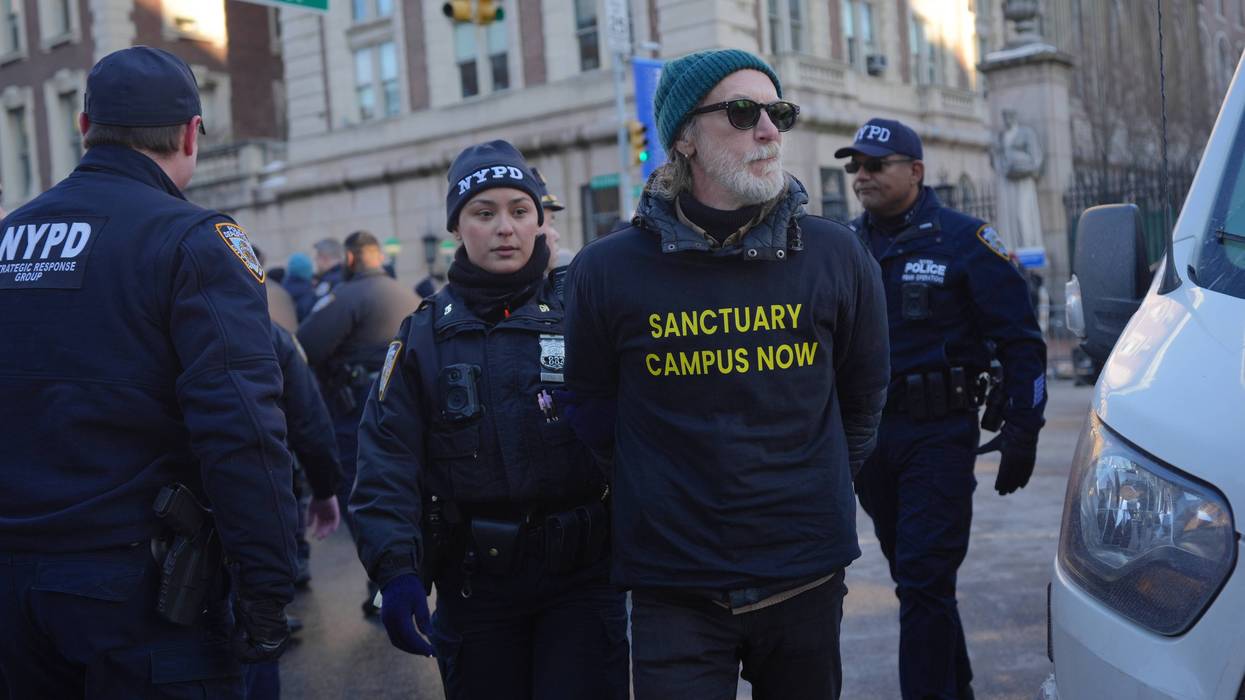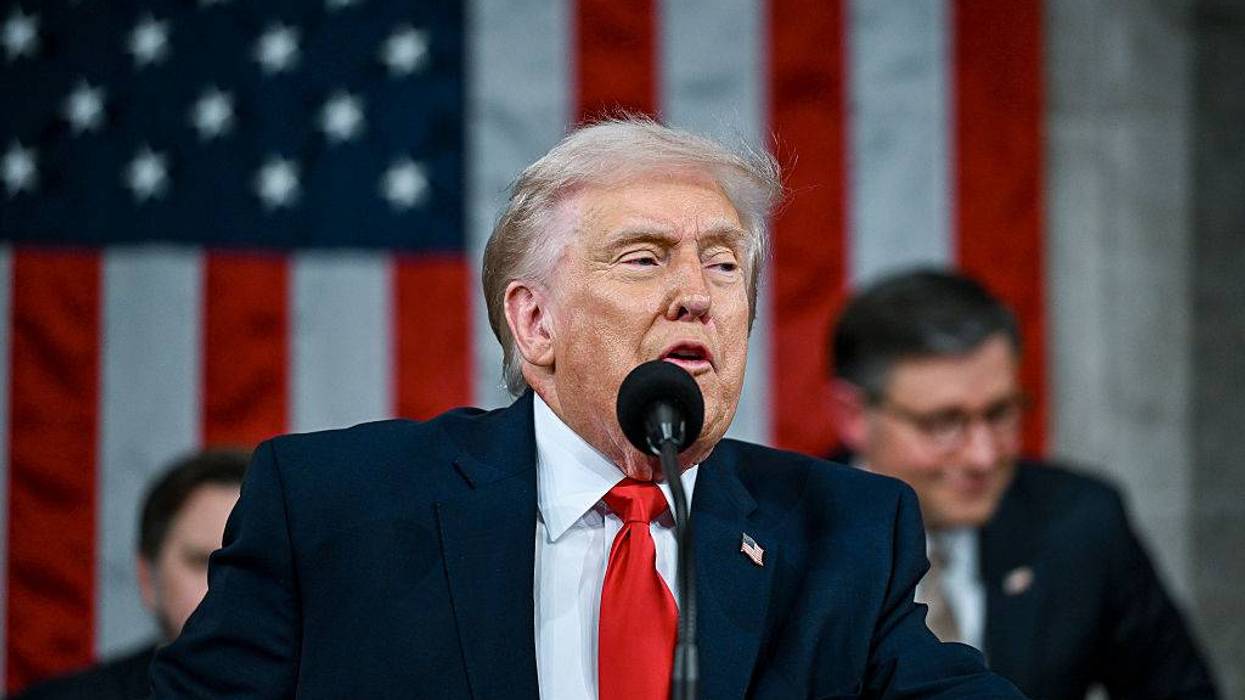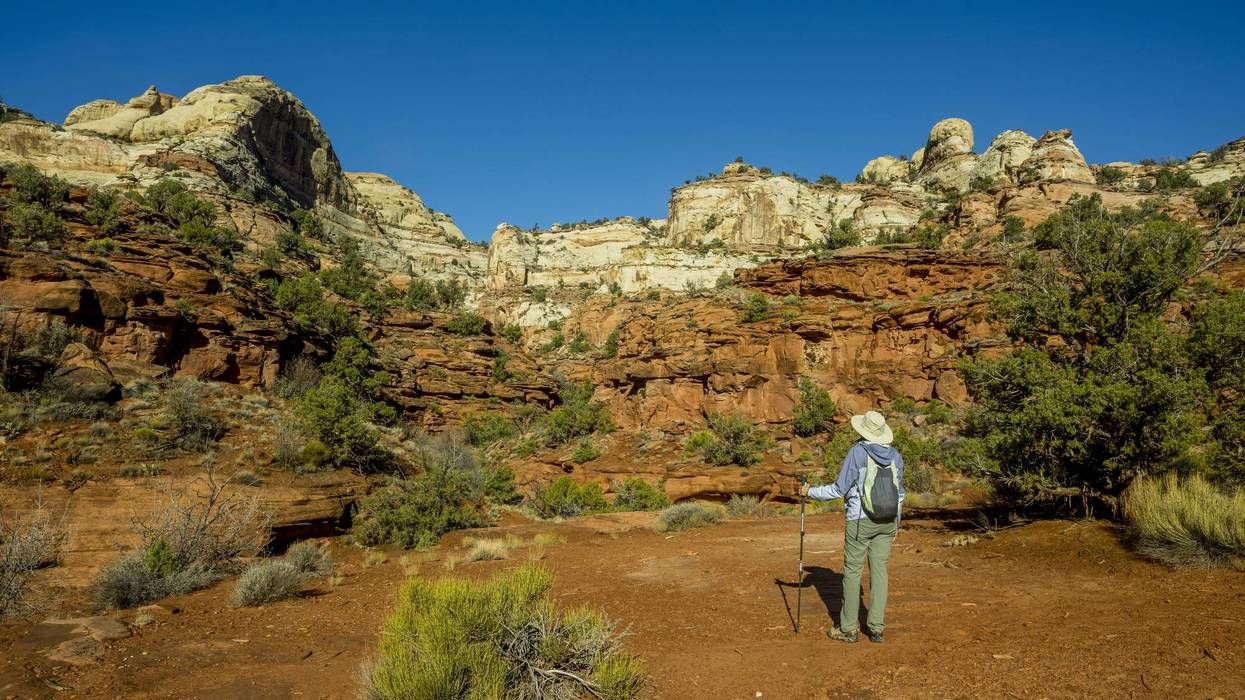February, 21 2019, 11:00pm EDT

For Immediate Release
Contact:
Leonard Forsman, Suquamish Tribe, 360.340.0986
Francesca Hillery, Tulalip Tribes, 206.395.4048
Debra Lekanoff, Swinomish Indian Tribal Community, 360.391.5296
Kurt Russo, Lummi Nation, 360.312.2292
Stephanie Tsosie, Earthjustice, 206.343.7340, ext. 1023
Northwest Tribes Respond to Canada's Continued Push for Trans Mountain Pipeline Expansion
Canada’s Energy Board shows disregard for Tribal concerns in second decision to green-light pipeline
WASHINGTON
A Canadian federal agency today formally recommended approval of the Trans Mountain Pipeline Expansion, a move strongly condemned by Coast Salish Tribes on both sides of the U.S.-Canada border.
In November 2018, representatives from U.S. Coast Salish Tribes joined Canadian First Nations in Victoria, British Columbia, to testify before Canada's National Energy Board as part of a review of the proposed pipeline expansion.
Despite testimony and legal arguments presented by First Nations and U.S. Tribes describing the significant harms the pipeline expansion project will cause for their communities, the Canadian federal government made a determination to push ahead with the project. The Trans Mountain expansion will triple oil tanker traffic through the Salish Sea -- imperiling endangered orcas, increasing navigation risks for fishermen, and increasing the risk of a major oil spill.
"The NEB found that the Trans Mountain Pipeline will harm Indigenous people and endangered orcas, but it still recommended the project," said Stephanie Tsosie, an Earthjustice attorney representing the U.S. Tribes before the Energy Board. "It has twisted the definition of public interest to sacrifice the Salish Sea, the people who rely on it, and even the air we breathe."
Quotes from U.S. Coast Salish Tribes
"We are in danger of losing our relatives the southern resident killer whales," said Lisa Wilson of the Lummi Nation. "We know the impact of vessel traffic, we know the impact of the noise, and we know what the impact would be if there is an oil spill - the major devastation that's going to wipe out all of the species in the Salish Sea."
"Salmon is one of the resources that has sustained our people since time immemorial," said Swinomish Senator Jeremy James Wilbur. "We've always relied on salmon, clams, halibut, shrimp, prawns, diving. Usual and accustomed fishing areas are places our tribes have fished for many, many generations. And to impact that would be a major disaster."
"We are very concerned about the Trans Mountain Pipeline's impact on the orcas, and also on the rest of the food chain in the Salish Sea," noted Chairman Leonard Forsman of the Suquamish Tribe. "Everything interrelates. The orca's just an alarm bell -- there are other places where we have a lot of other problems with salmon habitat, shellfish habitat, water quality and all those things that impact the food web. Also, the promotion of fossil fuel use and combustion will contribute more to climate change, which is bringing warming waters and raising sea levels."
"You don't poison where you get your food. You just don't do that," said Noel Purser, of the Suquamish Tribe. "I understand in British Columbia, this pipeline will provide a way of having an income. But is it worth the potential of a spill, that risk? Is it really worth that? Because that will impact everybody, not just here in British Columbia. It will impact us in Suquamish; it will impact our relatives in Alaska."
"As Coast Salish people, we do not recognize the imaginary line that divides us from First Nation relatives," said Chairwoman Marie Zackuse, from the Tulalip Tribes. "The Salish Sea does not recognize this border. Our relatives, the salmon and the killer whales do not recognize this border. Pollution, industrial waste, and climate change do not recognize this border. Impacts to these species are felt throughout the Salish Sea on both sides of the border, and they are cumulative effects. This Trans Mountain expansion may just be the project that brings us past the point of no return."
The National Energy Board decision disregarded these and other comments shared during the November 2018 oral testimony. For media interviews, reporters should reach out to Tribal contacts listed above.
Background
In 2013, four Northwest U.S. Tribes -- the Swinomish Indian Tribal Community, Tulalip Tribes, Suquamish Tribe, and Lummi Nation -- intervened in Canadian permit proceedings over the new tar sands pipeline, joining scores of Canadian First Nations and conservationists, the cities of Vancouver and Burnaby, and the Province of British Columbia in opposition to the pipeline. The U.S. Tribes' position before Canada's National Energy Board represented a critical call to safeguard the Salish Sea from increased oil tanker traffic and greater risk of oil spills.
The Trans Mountain Pipeline Project calls for tripling the amount of oil shipped from tar sands fields in Alberta to approximately 890,000 barrels per day to the British Columbia coast. The pipeline would cause an almost seven-fold increase in oil tankers moving through the shared waters of the Salish Sea, paving way for an increase in pollution, noise, groundings, accidents, and oil spills.
The proposed tar sands pipeline expansion is one of several projects that could dramatically increase the passage of tankers and bulk carriers through the Salish Sea on both sides of the U.S.-Canada border.
Read the press release online.
Reporter Resources
- Take a look into the fight to protect the Salish Sea.
- View our case page for additional files.
- Photos of U.S. Coast Salish Tribal testimony before Canadian National Energy Board. Credit: Alex Harris for Earthjustice.
Earthjustice is a non-profit public interest law firm dedicated to protecting the magnificent places, natural resources, and wildlife of this earth, and to defending the right of all people to a healthy environment. We bring about far-reaching change by enforcing and strengthening environmental laws on behalf of hundreds of organizations, coalitions and communities.
800-584-6460LATEST NEWS
DHS Agents Lied to Access Columbia Building and Detained Student Ellie Aghayeva
"These are the tactics of brownshirts," said former New York City Comptroller Brad Lander.
Feb 26, 2026
This is a developing story... Please check back for possible updates...
Federal agents with the Department of Homeland Security abducted an international student with a visa from her apartment in a Columbia University-owned building in New York on Thursday, after lying to gain access to her home.
Acting university president Claire Shipman released a statement saying that around 6:30 am Eastern, the federal agents had "made misrepresentations to gain entry to the building to search for a 'missing person.'"
They then detained Ellie Aghayeva, a senior studying neuroscience and political science, according to a statement from her friends that was given to the American Association of University Professors.
Manhattan Borough President Brad Hoylman-Sigal, a Democrat, said in a statement that agents with Immigration and Customs Enforcement (ICE) had "used a phony missing persons bulletin for a 5-year-old girl."
"It is unconfirmed at this time whether they impersonated an officer to do so," Hoylman-Sigal told Prem Thakker of Zeteo News.
State Assemblymember Micah Lasher (D-69) told the New York Times that the ICE agents had presented themselves as police officers. A building superintendent let them in upon learning about the supposed missing child and led them to Aghayeva's apartment.
According to the ACLU: "ICE agents should not be falsely impersonating another government official or claiming they have a different governmental purpose to gain your permission to come into your home. A person’s 'consent' under these circumstances is not valid. ICE’s resulting entry in the home and any arrests they conduct violate the Fourth Amendment of the US Constitution."
After being arrested, Aghayeva managed to post a one-second Instagram video to her 105,000 followers with the message, "DHS illegally arrested me. Please help."
Protests erupted on Columbia's campus as news of Aghayeva's abduction spread.
Protest outside Columbia going on right now after ICE abducted a student on campus early this morning.@JumaaneWilliams and @bradhoylman are here. pic.twitter.com/0fARmHEBvJ
— Timmy Facciola (@TimmyFacciola_) February 26, 2026
Court records showed that a lawyer for Aghayeva had filed an emergency petition requesting her release.
Shipman noted in her statement that all law enforcement officers "must have a judicial warrant or judicial subpoena to access nonpublic areas of the university, including housing, classrooms, and areas requiring [Columbia University ID] swipe access. An administrative warrant is not sufficient."
Last month, a leaked internal ICE memo revealed that acting Director Todd Lyons had given agents broader authority to carry out warrantless arrests. Last May, Lyons issued guidance saying agents needed only an administrative warrant, not a judicial one, to enter a home.
A coalition of advocacy groups sued the Trump administration this week over warrantless immigration arrests in North Carolina.
New York Gov. Kathy Hochul, a Democrat, said Thursdauy that ICE agents clearly "didn't have the proper warrant, so they lied to gain access to a student’s private residence."
US Rep. Adriano Espaillat (D-NY) said the latest "exhibit of the Trump administration’s lawless actions—which are rarely supported by legitimate warrants or subpoenas—is yet another reminder that Columbia University and other institutions must enhance the protections and policies they utilize to create a safe environment for those they serve and employ."
"Students and faculty should not fear for their safety in their dorm rooms, the classroom, or anywhere else on campus," said Espaillat.
Columbia students including Mahmoud Khalil and Mohsen Mahdawi were been detained last year by immigration agents under the Trump administration; Mahdawi had asked Columbia officials to move him to a safe location prior to his arrest, but his lawyer told The Intercept that university had told him it was unable to move him to housing where he would be protected.
As Common Dreams reported earlier this month, federal immigration agents have increasingly used deceptive tactics to carry out arrests and raids in places like Minneapolis, where thousands of agents were surged in recent months
"Yet again, ICE is using blatantly illegal trickery to circumvent judicial warrant requirements and abduct a student," said former New York City Comptroller Brad Lander, now a candidate for the US House in the state's 10th District. "These are the tactics of brownshirts. That’s why I’ve long been calling to abolish ICE. And why Congress should not grant them one more penny."
"This lawlessness has to end. Ellie Aghayeva must be safely released. And Dylan Contreras," said Lander, referring to a Bronx high school student who was detained last year. "And too many other students whose names we don’t even know."
Keep ReadingShow Less
'Batshit Authoritarianism': Trump Allies Drafting Order to Give Him 'Extraordinary Power Over Voting'
“This is a plot to interfere with the will of voters and undermine both the rule of law and public confidence in our elections," said Sen. Mark Warner.
Feb 26, 2026
A group of right-wing activists is crafting an executive order that would let President Donald Trump unilaterally ban mail-in ballots and voting machines ahead of the 2026 midterm elections.
The Washington Post reported on Thursday that the order being drafted by Trump allies would give him "extraordinary power over voting," even though the US Constitution explicitly gives individual states the powers to run their own elections.
An advocate for the order, Florida attorney Peter Ticktin, acknowledged in an interview with the Post that the Constitution does not give the president any role in shaping elections, but he said Trump needed to act to prevent China from supposedly interfering with American elections.
"Under the Constitution, it’s the legislatures and states that really control how a state conducts its elections, and the president doesn’t have any power to do that,” Ticktin said. "But here we have a situation where the president is aware that there are foreign interests that are interfering in our election processes. That causes a national emergency where the president has to be able to deal with it."
The activists drafting the emergency order said that they are working in coordination with the White House, although the extent of any cooperation isn't clear.
However, the Post pointed to some evidence that the White House really is on board with such a strategy, such as the Trump administration's efforts to investigate his 2020 election loss to former President Joe Biden, which the president has long baselessly claimed was due to foreign interference from a number of nations, including China and Venezuela.
As the Post noted, "a 2021 intelligence review concluded that China considered efforts to influence the election but did not go through with them."
Additionally, Trump has publicly stated numerous times that he wants to completely do away with mail-in ballots and voting machines, both of which he has baselessly claimed are riddled with fraud.
Sen. Mark Warner (D-Va.), the ranking member of the Senate Intelligence Committee, said that the draft order was simply an attempt by the president's allies to block democratic accountability in future elections.
"We've been raising the alarm for weeks about President Trump’s attacks on our elections and now we’re seeing reports that outline how they may be planning to do it,” Warner told the Post. “This is a plot to interfere with the will of voters and undermine both the rule of law and public confidence in our elections."
Government watchdog Citizens for Responsibility and Ethics in Washington (CREW) said that the drafted order was plainly unconstitutional and would fail in court.
"The Constitution gives states power over election law with oversight from Congress," CREW wrote in a social media post. "Notice who's missing? The president. Trump may try to cook up a sham national emergency to try to seize control of elections but it won't stand up to scrutiny."
MS NOW national security contributor Marc Polymeropoulos called the draft order "batshit authoritarianism" and cautioned that "this crazy shit is possible as Trump knows Congress is all but lost at this point in a free election."
"To save himself," Polymeropoulos added, "anything is possible."
Democratic Illinois Gov. JB Pritzker pointed to the Post report and warned, "Donald Trump’s plan to steal the 2026 midterm elections is already underway."
Rep. Rosa De Lauro (D-Conn.) accused Trump of "setting the stage to steal the midterm elections and set fire to our democracy," while vowing that Democrats would "fight for our democracy and safeguard the right to vote."
Keep ReadingShow Less
GOP Moves to Fast-Track 'Dangerous' Assault on Treasured National Monument in Utah
"This wild landscape is quintessential southern Utah redrock country with its stunning geology, irreplaceable cultural resources, unique fossils, and wide-open spaces. All of that is at risk if this attack succeeds."
Feb 26, 2026
Republican US Sen. Mike Lee, a leading proponent of selling off the country's public lands, moved Wednesday to begin the process expediting an attack on the Grand Staircase-Escalante National Monument in his home state of Utah, drawing outrage from conservationists who vowed to pull out all the stops to protect the national treasure.
Lee kick-started the process by entering a recent Government Accountability Office (GAO) opinion into the congressional record. Last month, the GAO determined that a Biden-era management plan aimed at shielding Grand Staircase-Escalante constitutes a rule under the Congressional Review Act (CRA), which gives lawmakers a limited time to undo federal rules after they are finalized.
In the coming days, Lee and his allies are expected to introduce a resolution of disapproval under the CRA in an effort to roll back the monument management plan. CRA resolutions are privileged and not subject to the Senate's 60-vote filibuster, meaning Republicans could pass the measure without any Democratic support.
Rep. Celeste Maloy (R-Utah), who requested the GAO opinion, is leading the House effort to repeal the Grand Staircase-Escalante management plan.
Tom Delehanty, senior attorney with Earthjustice’s Rocky Mountain office, said in a statement Thursday that "the fate of our public lands, including our precious national monuments, should not be left to a handful of politicians who want to turn them over to industry."
"While this may be the first CRA attack on a national monument, it will not be the last if members of Congress on both sides of the aisle don’t stand up to oppose it," Delehanty warned. "Sen. Lee’s use of this arcane law would throw out years of planning by local officials, Tribes, and communities, setting a dangerous precedent on public land protection. Anyone who values our public lands and national monuments should take note.”
The legal director of the Southern Utah Wilderness Alliance, Steve Bloch, said the GOP's escalating attack on Grand Staircase-Escalante "is a call to action for Americans from across the nation."
"This wild landscape is quintessential southern Utah redrock country with its stunning geology, irreplaceable cultural resources, unique fossils, and wide-open spaces," said Bloch. "All of that is at risk if this attack succeeds and the monument management plan is undone. We intend to move heaven and earth to stop that from happening.”
During his first term in the White House, President Donald Trump launched a massive assault on Grand Staircase-Escalante, shrinking it by nearly 50%—a move that former President Joe Biden reversed.
But the Washington Post reported last year that the Trump administration has considered assailing the national monument yet again as part of a broader push to open the nation's public lands to commercial activity and industry exploitation.
Dan Ritzman, Sierra Club’s director of conservation, said Thursday that congressional Republicans' use of the CRA to gut protections for Grand Staircase-Escalante is "unprecedented" and "unlawful."
"Grand Staircase-Escalante National Monument is one of this country’s most treasured public landscapes, and the public has been involved from advocating for its protection to organizing its long-term management," said Ritzman. "Overturning this plan erases years of public engagement and Tribal consultation, and threatens certainty for everyone who uses and enjoys this iconic landscape.”
Keep ReadingShow Less
Most Popular


